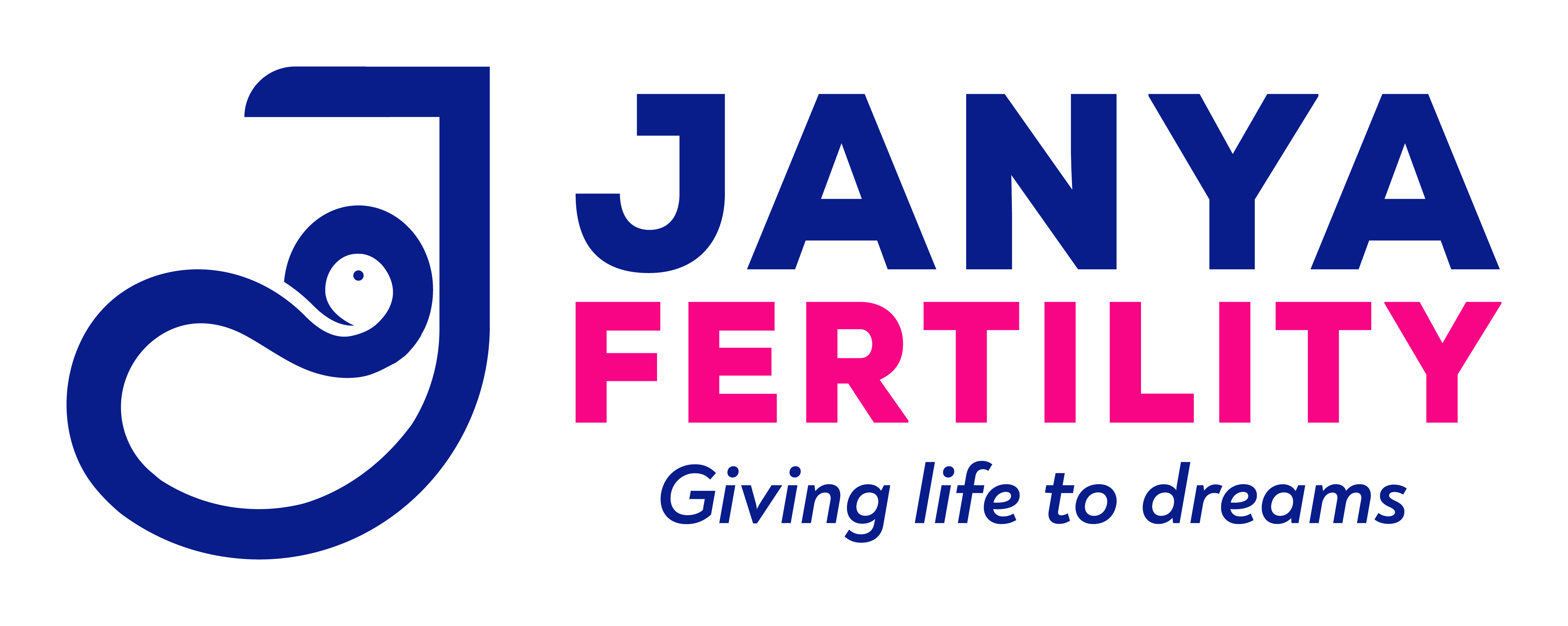Oocyte donation, a cornerstone of modern assisted reproductive technology, offers a beacon of hope for women facing fertility challenges. Originally reserved for those with ovarian failure or genetic concerns, it now empowers a wider range of problems, especially in the later years of reproduction.
Why is Oocyte donation beneficial?
Oocyte donation has a high rate of success. It can be beneficial in various conditions including-
- Women in their late reproductive years: Ageing ovaries struggle to produce quality eggs, but donated oocytes offer a second chance.
- Those with diminished ovarian reserve: When the number of eggs is low, donation bridges the gap.
- Women with genetic disorders:Donated eggs free them from the risk of passing on unwanted genetic conditions.
Why is it successful?
The key lies in age. Ideal donors, typically under 35, provide eggs with superior quality and potential, boosting pregnancy rates. While the recipient’s uterine receptivity can decrease with age, its impact pales in comparison to egg quality. This explains why the number of embryos transferred depends mainly on the donor’s age, not that of the recipient.
How does it work?
The journey can involve either-
- Known donors: Often relatives like sisters or cousins, offering a familial connection.
- Anonymous donors: Mostly young women, providing excellent egg quality and pregnancy rates.
For donors, the risks reside primarily in the hormonal stimulation and egg retrieval procedure, not pregnancy. Recipients, however, face a minimal risk of infection transmission, despite thorough screening. Frozen embryos, though offering a safety buffer, come with slightly lower implantation rates. Discussing cryopreservation and embryo quarantine for added reassurance is crucial.
For recipients with functioning ovaries, menstrual cycle synchronization with the donor is vital. This involves hormone therapy to ensure both cycles align and the recipient’s uterine lining is optimally prepared.
In the case of pregnancy through oocyte donation, hormone support continues through the first trimester, safeguarding the delicate journey.
Take the first step:
Oocyte donation may not ensure complete success for all, but it holds immense potential for those struggling with infertility. By understanding its benefits, limitations, and options, you can approach this path with informed hope and empowered decisions. Take the first step, explore its possibilities, and unlock the door to building your family.
Frequently Asked Questions (FAQs)
How are egg donors selected?
Egg donors are carefully screened to ensure they have optimum physical and psychological health. They undergo extensive medical and genetic testing, including screenings for infectious diseases, to ensure the health and quality of their eggs.
How are egg donors selected?
The level of anonymity varies by country and clinic. In some cases, egg donation can be anonymous, while in others, there may be opportunities for some level of communication or contact between the donor and recipient.
Can a woman use donor eggs to experience pregnancy and childbirth?
Yes, a woman using donor eggs can experience pregnancy and childbirth. The donated eggs are fertilized with sperm through in vitro fertilization (IVF), and the resulting embryos are transferred to the recipient’s uterus.
Can recipients choose specific traits in an egg donor?
Many clinics allow recipients to express preferences for certain traits in a donor, such as physical appearance, education, and ethnicity. However, the degree of customization may vary, and not all clinics provide extensive choices.
